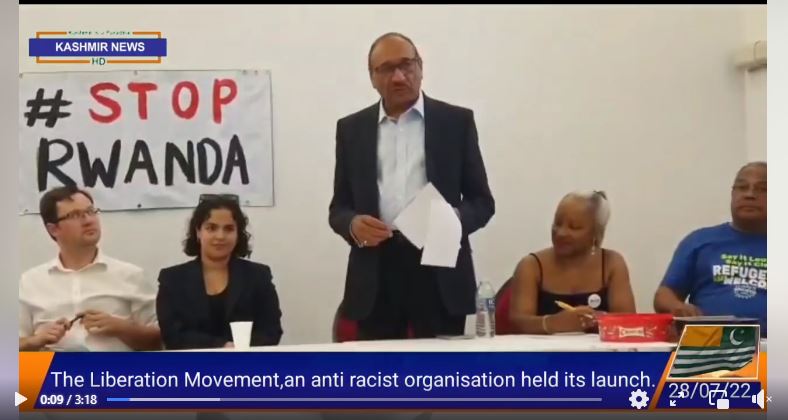
Cllr Hassan Ahmed Co chair of the Liberation Movement organised an anti racism event in Nottingham.
Shaghofta Akhtar
Chief Reporter
Kashmir News HD
Two MPs, Nadia Whittome and Alex Norris, plus most of the city’s African Asian and Caribbean councillors, were at the hugely successful launch of the Nottingham chapter of The Liberation Movement (TLM). The meeting room at the Indian Community Centre was packed for the event on Saturday July 24. It was the first of several launches that will take place around the country. Cllr Hassan Ahmed, the meeting’s organiser, and Deborah Hobson co-chaired. Ahmed said: “This much-needed grassroots movement is led by people of colour because they are the victims of the different forms of racism, including Islamophobia. Of course, we welcome white allies to fight side by side with us. We also recognise there are existing anti-racist organisations and we will be complementary to, not in competition with them.”
Hobson, co-chair with Ahmed of Grassroots Black Left and secretary of a Unite national branch, stressed the importance of trade unions being at the heart of TLM, and young people, who did such a great job with Black Lives Matter, would be an important part of the movement too.
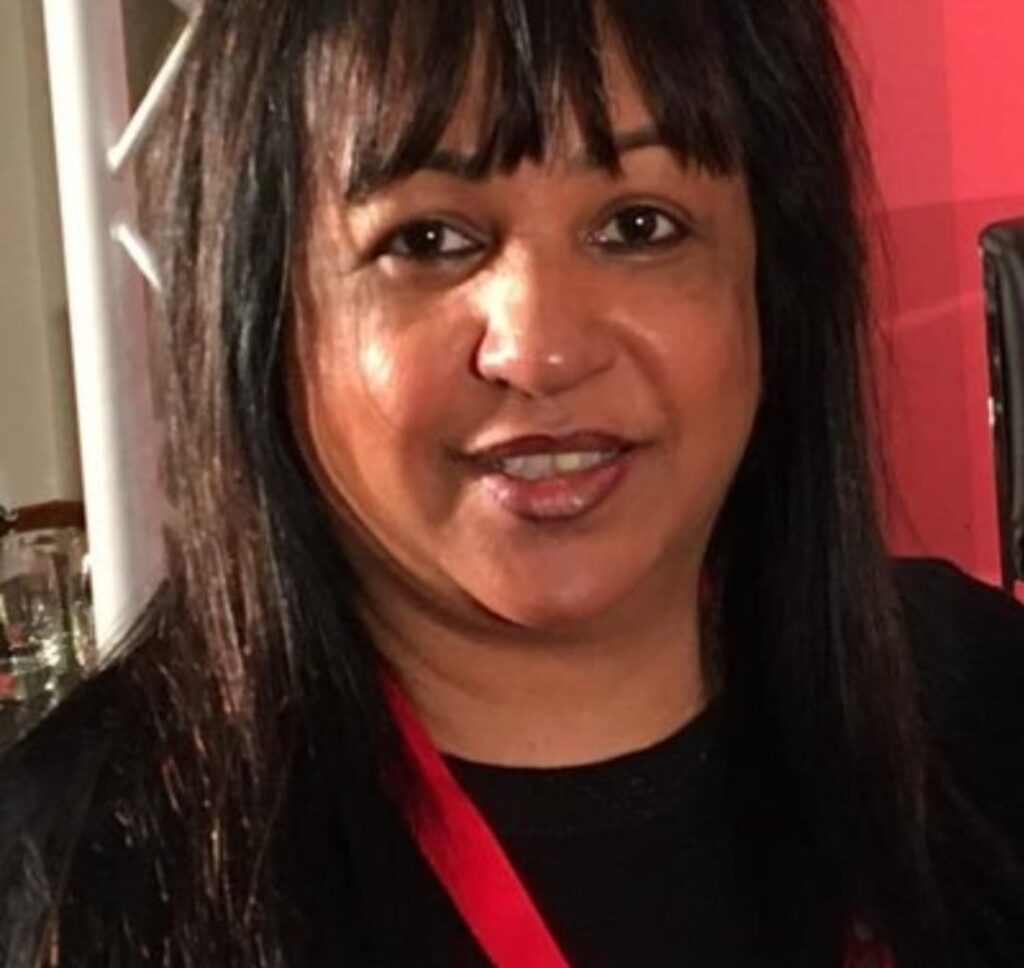
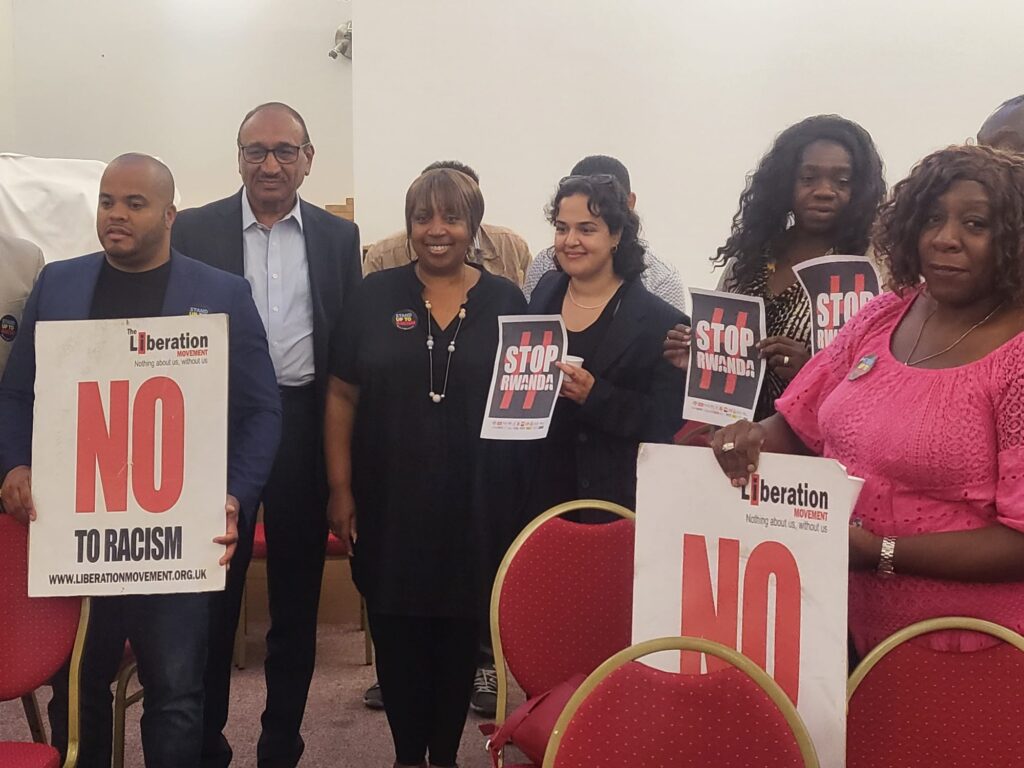
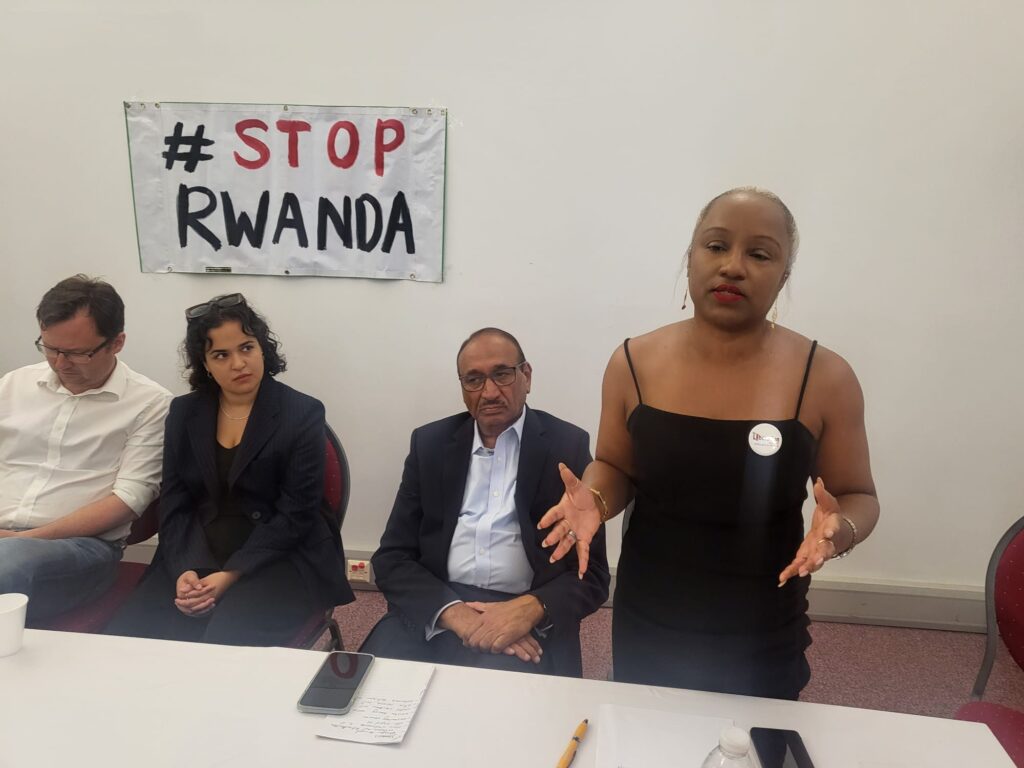
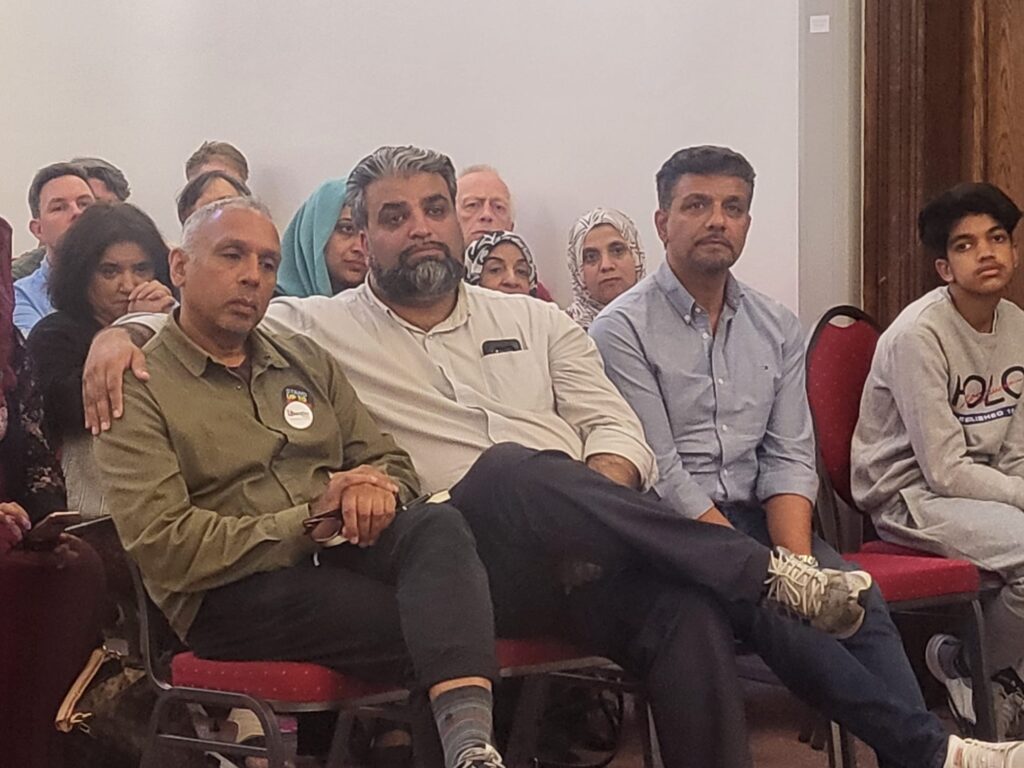

It is well evidenced over decades that institutional racism is alive and well in education and Child Q horrific incident brought it to light.
The 2017 NUT (now NEU) Barriers report looked at the visible and invisible barriers and impact of racism on BME teachers found that both Black educators (similarly to Black students) are more likely to be put through capability and disciplinary procedures; both are more likely to be labelled “troublemakers” or being viewed as “aggressive” if they challenge any decisions.
Black-Caribbean children are 3-4 times more likely to be excluded from schools and end up in segregated schools with abysmal life outcomes.
Black staff are more likely to be made redundant, be on temporary, precarious posts, be on support plans, given the most challenging classes , more likely to lack pay progression. Have work times as hard as their white colleagues and still not considered for progression, in fact, black members have trained white NQTs and after a few years, they become phase leaders/head of departments. We know about the ethnicity pay gap and there is very limited support for Black educators to progress. Black children need and deserve to see themselves represented in education at all levels.
Black lives should matter in Education. Black careers should matter in education. Too many Black workers are not allowed into the profession as they should be. Too many Black workers have been forced out of their jobs, and too many are seriously considering leaving because they feel devalued.
When we call the bosses out on this and challenge institutional racism, we are stereotyped as “aggressive”. I have had many experiences of discrimination during my 20 years’ teaching career. The shocking, brutal, barbaric incident Child Q incident exposed by a Hackney sadeguarding report this year is like we are still on the slavery plantation. Yet, this is 2022 not 1822!
No case involving police in schools has galvanised outrage to the same extent as the barbaric treatment meted out to the 15-year-old Black Caribbean girl in 2020.
The Institute of Race Relations notes “a massive debate is now taking place in Black, educational, police monitoring and anti-racist circles, about the increasing securitisation of schools, and how best to protect the well-being and safety of Black, Brown and working-class students”.
As professor Gus John, a former Hackney director of education and veteran anti-campaigner, has eloquently stated: “For decades, schools have been excessively punitive in their dealings with Black children of all ages, thus compounding the oppression they face routinely in their daily lives.”
He adds: “Black children are used to a heavy and intrusive police presence in their communities outside school. They have a right to expect schools to be different and to care for them.”
“Schools are meant to be working in partnership with parents in support of children’s learning and self-development, NOT in partnership with the police.”
Schools should not be a site for criminalising children, just as the police have made the streets.
We should remember how, in the 1960s and beyond, as author Bernard Coard recorded, the “West Indian child” was made “educationally subnormal by the British school system”. Black parents set up a successful network of supplementary schools that, as well as teaching STEM subjects, gave lessons in Black history, which had been absent from the school curriculum.
The United Nations Convention on the Rights of the Child (UNCRC) states that:
• Children must not be discriminated against on the grounds of race, class, religion/belief.
• The best interests of the child must be a primary consideration at all times.
• The responsibilities and rights of parents and carers must be respected.
In Child Q’s case, her parents had a right to be informed that the school was calling the police to potentially criminalise their child.)
• All appropriate legislative, administrative, social and educational measures should be taken to protect the child from all forms of physical or mental violence, injury or abuse, neglect or negligent treatment, maltreatment or exploitation, including sexual abuse, while in the care of parent(s), legal guardian(s) or any other person who has the care of the child.
Child Q was failed by her school on every one of those safeguarding provisions.
At my union’s annual conference this year we unanimously passed an URGENT RESOLUTION on CHILDREN’S RIGHTS AND POLICE IN SCHOOL.”It extended the union’s full solidarity to Child Q and her family.
The motion said there are a host of services that should be used regularly within schools, including school social services, school nurses, educational psychologists and youth workers. These, and not the police, are the services needed to be a normal part of schools.
The motion said “our union acknowledges institutional racism and racial disparities in education” and it called for more action on public sector equality duty in all educational establishments”.
This builds on the NEU’s Anti-Racism Charter aimed at tackling the fact the education system has often perpetuated institutional racism rather than combatted it.
The charter seeks to empower Black staff and pupils to explore and express what matters to them. Support young people’s right to speak out and engage as active citizens with the issues around racism that they care about. And challenge racial inequalities and oppressive racial norms and assumptions.
We recognise the education system as a whole must be decolonised before it can truly be anti-racist. That’s why members of my union, including the leadership like me, are proud to be working with The Liberation Movement, a new Black-led anti-racist initiative, established by Black activists and trade unionists, to build better structures in the education system for Black students and their parents. I hope you’ll support our fight back.
Monday 21st March 7pm
Register: https://www.eventbrite.co.uk/e/liberation-un-anti-racism-day-webinar-tickets-289572116997
Building an International Resistance to Racism What’s Next after Black Lives Matter?

The public lynching of unarmed Black man George Floyd by a US police officer sparked worldwide Black Lives Matter (BLM) mass youth-led protests. In Bristol, protestors tore down the statue of a 17th century slave trader in an iconic act of white solidarity. BLM demanded not just an end to police brutality and deaths in custody but also the decolonisation of education and culture, an end to the systemic racism denied by government and reparations for slavery.
This webinar, on the day that commemorates the infamous 1960 Sharpeville massacre of Black youth by South Africa’s apartheid regime, will explore, with leading international speakers, how we build on the resistance movement for change.
The event’s timing could not be more urgent, with the British government putting the Nationality and Borders Bill through parliament, which could take away the nationality of citizens, particularly Black people and other racial minorities, and attempting to clamp down on protests like Black Lives Matter.
Speakers: Clive Lewis MP
Jacqui Hlongwane, South African broadcaster
Sarah Woolley, General Secretary of the Bakers Food and Allied Workers Union
Rabbi Herschel Gluck, Founder and Chair of the Muslim-Jewish Forum
Suresh Grover, Founder of The Monitoring Group
Vanita Banks, a US attorney and a supporter of the George Floyd justice campaign
Marcia Rigg, United Families and Friends Campaign
Glenroy Watson, African Global Congress uk (GACuk)
George Ruddock, editor of The Weekly Gleaner
Moderator : Deborah Hobson, The Liberation Movement
Deborah@liberationmovement.org.uk
Why we Oppose the Anti-Refugee Nationality and Borders Bill
January 14 2022
The Liberation Movement (TLM) joins many other civil liberties organisations in opposing the government’s anti-refugee Nationality and Borders Bill, which is currently in the House of Lords. Peers have their final sitting to consider the bill later this month.
TLM welcomes efforts by the House of Lords to remove the particularly draconian clause nine of the bill, which would enable officials to unilaterally remove citizenship from British citizens. We note the proposals have been universally condemned by human rights campaigners, including eminent lawyers.
TLM’s Cllr Hassan Ahmed said: “We call on all lawmakers to reject the bill in its entirety because of its threat to hard won civil liberties, particularly those of Britain’s African, Asian, Caribbean and other people of colour. Shamefully, the proposed new law particularly targets refugees and asylum seekers.”
Even if the bill is passed by parliament, TLM believes direction action in solidarity with asylum seekers and refugees, which has already happened in Britain, would send a clear signal that fair minded will not accept another piece of racist legislation. The Labour frontbench must confirm that, at the first opportunity in government, they will repeal this pernicious legislation.
TLM’s Deborah Hobson said: “We believe the bill is being driven by racist and anti-working class bigots in parliament, along with far-right nationalists in society who see the “threat” of small boats with desperate asylum seekers on-board in the English Channel as being somehow a threat to the British way of life. Such people, who are fleeing Western-sponsored wars in their country, pose no such threat, of course. Such perilous crossings take place due to the refusal of the UK Government to allow safe routes for asylum seekers and refugees.”
Cllr Ahmed said: “The UK has a history of racist immigration and nationality legislation stemming from its imperialist actions, which, throughout history, have sought to demonise people of colour and others, including Jewish refugees in the early 1900s.”
He added: “Laws have been used for many decades, by both of the main political parties, to restrict immigration and have largely impacted on African, Asian, Caribbean peoples.”
Hobson said: “In 1968, Labour prime minster Harold Wilson brought in an anti-East African Asian immigration act that effectively revoked their British citizenship and made thousands of them stateless.”
She went on: “A law brought in 1971 by Conservative prime minister Edward Heath restricted primary immigration and this also targeted Black people.”
The infamous “hostile environment” that ushered in the Windrush scandal of 2018, affecting Caribbean people settled for years in Britain that was their home, was brought in by Tory home secretary Theresa May two years earlier. It introduced new sanctions on so-called “illegal working”, accessing services and made it much easier to cruelly deport such people.
TLM says all racist immigration legislation must be abolished and replaced with a system based on international solidarity and human rights. They must be laws that are consistent with the UK’s international obligations.
Cllr Ahmed said: “Racist legislation undermines people of colour as they become liable for additional questioning and gives a green light to the racists in our society. This is why TLM also opposes the Police, Crime, Sentencing and Courts Bill. The framers of this legislation have had to concede that people of colour, like Black Lives Matter protesters, will be targeted if it is passed.”
Hobson stated: “To oppose such legislation requires all of us to challenge racist practices – lawmakers, councils, business leaders and trade unions. But this is not enough. Britain’s education system and cultural institutions must be decolonised. Slavery and colonialism must be explained truthfully and reparations made by the government to their historical survivors. Trade unions and the TUC must act on recommendations made to them by people of colour and their allies in order for the labour movement to be genuinely anti-racist.”
TLM opposes imperialism, colonialism and racism, past present and future. We call on the government to close its immigration detention centres and stand for solidarity and the unity of all working people, whatever the colour of their skin.
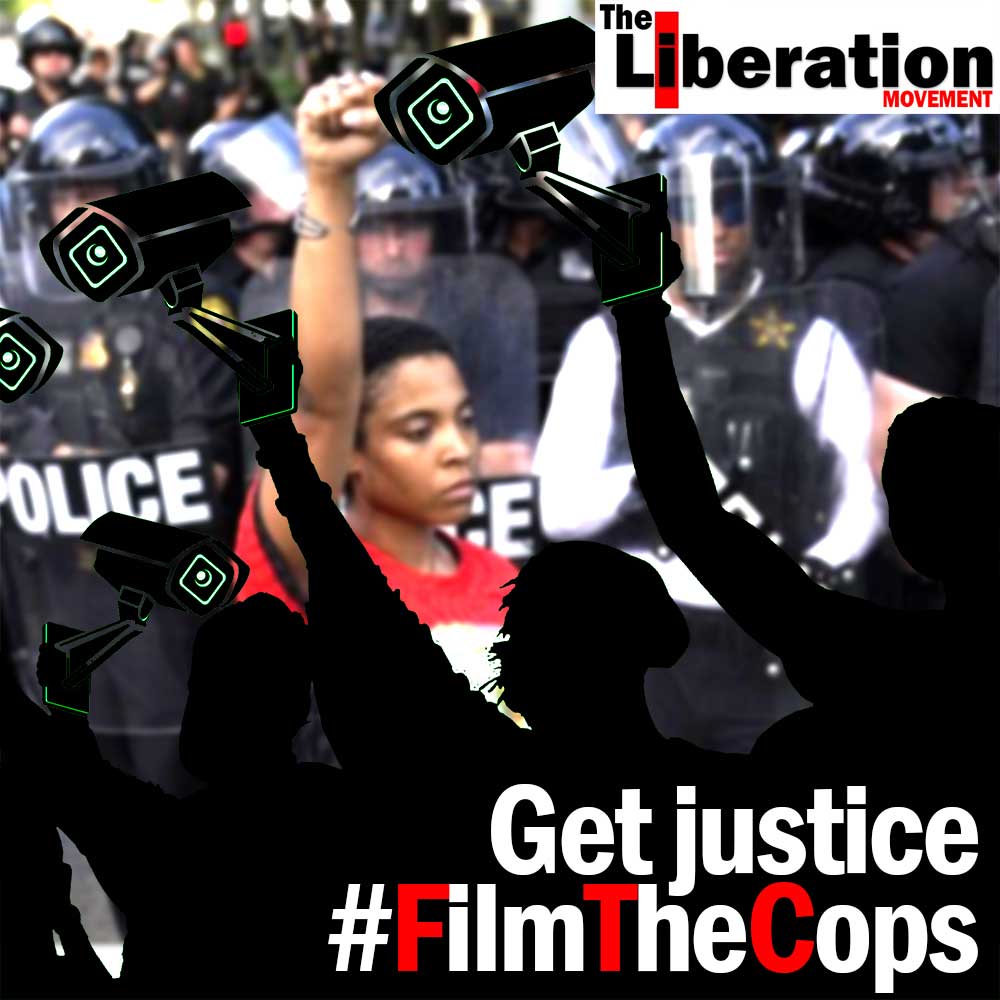
American teenager Darnella Frazier summoned up extraordinary bravery to use her mobile phone to film white policeman Derek Chauvin murder unarmed Black man George Floyd in broad daylight. It’s unlikely the cop would have been jailed without Darnella’s damning video evidence.
She was just 17 in May 2020 when the fatal incident happened. But, like every citizen journalist faced with the same situation, Darnella did the right thing. We encourage other people to film injustice, making sure they keep safe and act responsibly.
Here’s her story:
https://www.the-latest.com/citizen-journalism-hero-george-floyd-murder-case